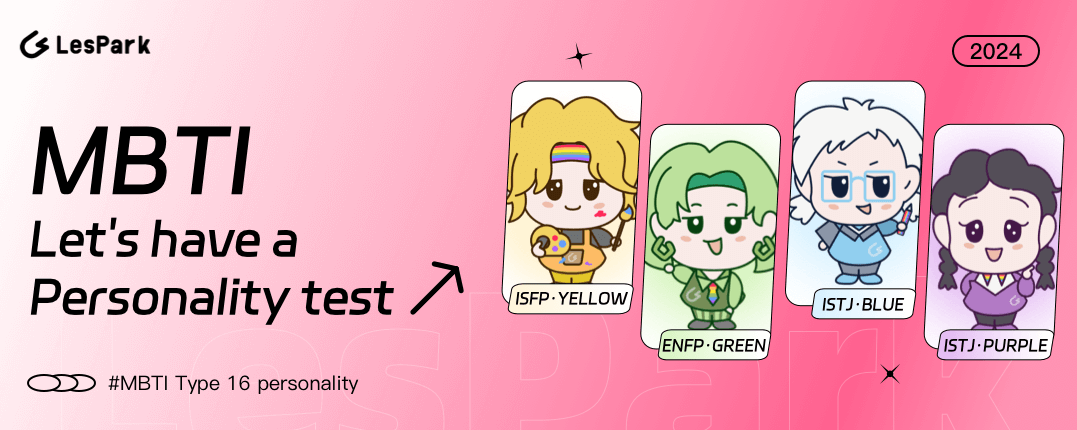Which type of MBTI has the most lesbian members?
When exploring the relationship between sexual orientation and personality types, many people may be curious: which MBTI (Myers Briggs Type Indicator) type is most common among lesbian (lesbian) groups? Although there is currently no exact statistical data to answer this question, we can try to understand the potential connection between MBTI's personality traits and the diversity of the lesbian community.
What is MBTI?
MBTI is a widely used personality classification tool that divides personality into 16 types based on the theory of psychologist Carl Jung. Each type is composed of a combination of preferences from four dimensions:
Outgoing (E) vs. Introverted (I)
Sensation (S) vs. Intuition (N)
Reflection (T) vs. Emotion (F)
Judgment (J) vs. Perception (P)
The MBTI type reflects an individual's preferences in cognition, decision-making, and lifestyle, but it does not directly determine a person's sexual orientation.
Which MBTI types may be more common among lesbian communities?
Although there is no authoritative data to support it, based on informal observations and community discussions, certain types of MBTI may be more common among lesbian communities. This may be related to these types of personality traits, such as an emphasis on self-identity, an open attitude towards diversity, and a spirit of challenge to traditional beliefs.
1. INFP (Mediator)
Characteristics: Idealism, sensitivity, and emphasis on self-identity.
Reason: INFPs tend to pursue genuine emotions and relationships, which may make it easier to explore and accept their sexual orientation.
Performance in Lala: Many lesbian women may be attracted to INFP's romantic and independent traits.
2. ENFP (candidate)
Characteristics: Passionate, open-minded, and creative.
Reason: ENFP is open to diversity and new experiences, and may be more receptive to non-traditional sexual orientations.
Performance in Lala: ENFP may become an active member in the Lala community due to their outgoing and inclusive personality.
3. INFJ (Advocate)
Characteristics: Profound insight, emphasis on interpersonal relationships, and concern for social justice.
Reason: INFJ has a strong interest in identity and social issues, and may be more likely to identify as lesbian.
Performance in Lala: INFJ may play the role of a supporter or advocate in the Lala community.
4. ENTP (Debater)
Characteristics: Likes to challenge traditional concepts, is open, and has a strong curiosity.
Reason: ENTP may hold a critical attitude towards gender and sexual orientation stereotypes, making it easier to explore non-traditional sexual orientations.
Performance in Lala: ENTP may demonstrate strong confidence and leadership within the Lala community.
5. ISTP (Appraiser)
Characteristics: Independent, pragmatic, and focused on personal feelings.
Reason: ISTPs usually focus more on their own experiences rather than social expectations, and may be more accepting of their sexual orientation.
Performance in Lala: ISTP may show a low-key but firm attitude in the Lala community.
6. ISFP (Explorer)
Characteristics: Sensitive, valuing self-expression, following the heart.
Reason: ISFPs are usually more willing to follow their own hearts rather than conform to social norms.
Performance in Lala: ISFP may exhibit a gentle and artistic side in the Lala community.
The points to note are:
MBTI is not a determining factor: sexual orientation is a complex identity dimension that is influenced by multiple factors and is not directly related to MBTI type.
Diversity: The lesbian community itself has diversity, and anyone of MBTI type can be a lesbian.
Lack of data: Currently, there is no authoritative research on the distribution of MBTI types in the lesbian community. The above analysis is based on informal observations and community discussions.

Although certain MBTI types may be more common among lesbian communities, this does not mean that a certain type of person is more likely to be a lesbian. Everyone's sexual orientation and personality type are unique and worthy of respect and acceptance. By understanding MBTI and the diversity of sexual orientations, we can better appreciate each individual's uniqueness and promote a more inclusive and just society. If you want to know your MBTI type, you can log in to LesPark and search for the HimeCircle version of MBTI for further testing.













